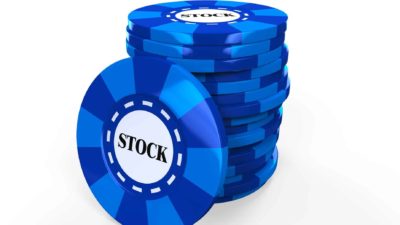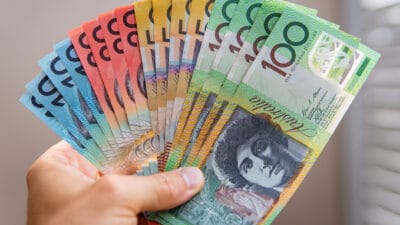Last Tuesday, BHP Group Ltd (ASX: BHP) dropped its first-half result for the 2022 financial year, delivering a better-than-expected scorecard.
The mining giant's shares pushed 3% higher during morning trade, though they ended the day slightly in the red. Geopolitical tensions between Russia and Ukraine dragged down the S&P/ASX 200 Index (ASX: XJO) that day by 0.51% to 7,206 points.
Nonetheless, the BHP board opted to declare a record interim dividend of US$1.50 for shareholders.
In the H1 FY22 results call between management and investors, a number of questions were asked regarding BHP's capital initiatives.
As reported by Livewire, Montgomery Investment Management's Joseph Kim discussed if the miner should pay dividends or conduct a buyback.
The rundown of BHP's mammoth interim dividend
Following the company's half-year results, management highlighted sales and profit growth on the back of favourable commodity prices.
In particular, the group's main commodity, iron ore, surged above US$200 in July 2021. For every US$1 per tonne the price increased, BHP made $US119 million on underlying earnings before interest, tax, depreciation and amortisation (EBITDA).
The board declared a record interim dividend, totalling US$7.6 billion or a payout ratio of 78% for the first half. This is much higher than the company's minimum policy of a 50% payout ratio.
Is this the best course of action for BHP?
While investors won't be complaining about being handsomely rewarded, the BHP share price will fall on the ex-dividend date.
In contrast, a share buyback takes existing shares off the market and, in turn, supports earnings-per-share (EPS) growth. Traditionally, this leads to a higher share price in the future as shareholder value strengthens.
BHP CEO Mike Henry noted that the company's earnings are cyclical, along with the rest of the resource industry.
Even though there has been a short-term rally in commodity prices, BHP's earnings are heavily weighted to iron ore. The steelmaking ingredient accounts for around 60% of operating EBITDA.
With record prices realised for coking coal and copper along with the surging price of iron ore, BHP opted against the share buyback. This is because the miner would have been seen to be operating in a pro-cyclical manner. That is, the behaviour and actions of a measurable product or service which moves together with the cyclical condition of the economy.
In addition, the company has the option of returning extra franking credits in the form of an off-market buyback. This would allow it to purchase its own shares much cheaper than what they are going for at the moment.
BHP management clearly believes that the current share price of $47.96 represents good value for investors.
BHP share price summary
Despite travelling 15% higher in 2022, the BHP share price is relatively flat over the last 12 months, up 1.3%.
The company's shares saw a heavy sell-off in August after reaching an all-time high of $54.55. Since then, its shares hit a 52-week low of $35.56 in November, before rebounding almost 40% higher.
Based on valuation grounds, BHP presides a market capitalisation of roughly $242 billion, and has approximately 5.06 billion shares outstanding.









